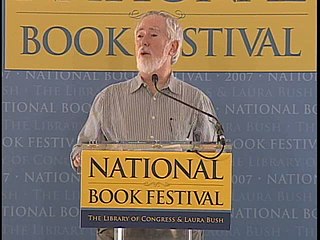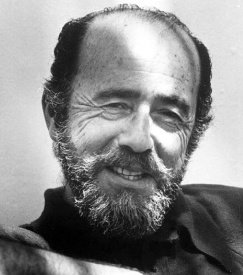A Quote by Camilla, Duchess of Cornwall
Just as my father read to us as children, I used to read to my own children and now read to my grandchildren.
Related Quotes
The founding American generations did something that almost no others have ever done. They read the fine print! They taught their children to read bills, laws, court cases, legislative debates, executive decrees, and bureaucratic policies. They read them in schoolrooms and at home....They said they would consider their children uneducated if they didn't read such things.
I can still remember. I was ill, and I was seven, and my father didn't want me to just read children's books. He came with Conan Doyle. I tried, and I liked it. I think the first I read was 'The Sign of the Four'; 'Study in Scarlet' was the next one. Then I guess I stayed home a few extra days from school to read.
I didn't want to teach my kid how to read, so I used to read to him at night and close the book at the most interesting part. He said, “What happened then, daddy?” I said, “If you learn to read, you can find out. I'm too tired to read. I'll read to you tomorrow.” So, he had a need to want to learn how to read. Don't teach children how to read. Don't teach them mathematics. Give them a reason to want it. In school, they're working ass-backwards.
Attention spans are changing. It's very noticeable. I am very aware that the kind of books I read in my childhood kids now won't be able to read. I was reading Kipling and PG Wodehouse and Shakespeare at the age of 11. The kind of description and detail I read I would not put in my books. I don't know how much you can fight that because you want children to read. So I pack in excitement and plot and illustrations and have a cliffhanger every chapter. Charles Dickens was doing cliffhangers way back when. But even with all the excitement you have to make children care about the characters.




































